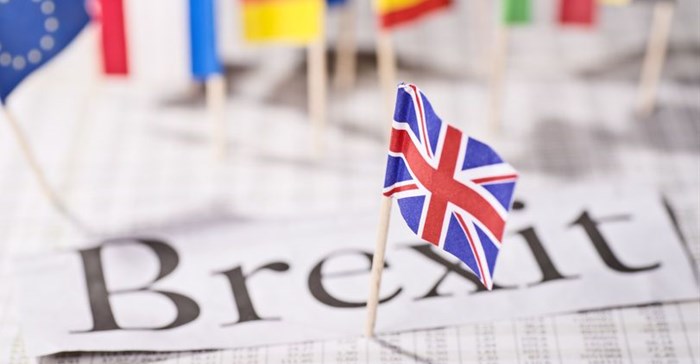
Top stories





Energy & MiningGlencore's Astron Energy gears up with new tanker amidst Sars dispute
Wendell Roelf 9 hours

More news




















Logistics & Transport
Uganda plans new rail link to Tanzania for mineral export boost








EUTMs are trade mark rights granted by the European Union Trade Marks Office (EUIPO), which rights are enforceable in all countries that are members of the European Union. It provides a useful mechanism to avoid the need to register a trade mark in each of the EU member countries separately.
Unless the United Kingdom and the European Union come to an agreement, the default position would be that EUTMs would have no protection in the United Kingdom and that brand owners would have apply anew to register their marks nationally with the United Kingdom Intellectual Property Office.
This is certainly of concern to brand owners as they would cease to have protection in the United Kingdom and would have to take steps to secure rights in their marks. Some brand owners have already adopted a “belts and braces” approach with respect to their trade marks and prepared for the worst-case scenario by applying to register their trade marks nationally in the United Kingdom.
The United Kingdom’s decision also has significant implications for South African businesses, not only from a brand registration perspective, but also from a larger trade perspective, as the United Kingdom is currently South Africa’s second largest export partner in the European Union, and the sixth largest in the world.
It was not, however, anticipated that the position would turn out to be as drastic as the worst-case scenario but, as with any divorce, the outcome may be quite uncertain if the parties do not end their relationship on good terms. Certainly, from the European Union’s perspective, it appeared to be severely angered by the United Kingdom’s decision to divorce from the union. The United Kingdom on the other hand did not want to come across as apologetic for its decision, being of the view that an aggressive stance would strengthen its bargaining position – though back home there was much disagreement as to what a good Brexit outcome or negotiating strategy would be.
Some much needed certainly about the intended outcome came earlier this year on 19 March 2018 with the divorcing spouses agreeing to transition terms which, inter alia, ensure that there are no substantive changes to the present framework on intellectual property until 31 December 2020. This essentially bought the negotiating parties a little more than a year to iron out an agreement as to the future protection of EUTMs.
It is envisaged that a good outcome would be that, after 31 December 2020, all EUTMs will automatically be “cloned” onto the United Kingdom Trade Marks Register with identical rights to other national UK trade mark registrations, with no action or expense required by brand owners (i.e. the best-case scenario). This envisaged outcome was described as “agreed at negotiators level” in a draft agreement published by the United Kingdom on 19 March 2018.
If an EUTM was still pending as at 31 December 2020, it is anticipated that its final registration would only cover the European Union member countries and not the United Kingdom. However, it is anticipated that the owners of such marks would have a grace period with in which to apply to register such marks in the United Kingdom and claim a priority date equal to that of their corresponding pending EUTM application for the same mark. Given the speed at which marks proceed to registration at the EUIPO, it is not expected that there will be many such cases.
Further clarity has recently come to light in the form of a statement by the United Kingdom Parliamentary Under-Secretary for Exiting the EU, Robin Walker on 19 July 2018. He stated that the United Kingdom will protect all existing EUTMs, even after the United Kingdom leaves the EU. New United Kingdom trade mark rights will automatically be granted, free of charge, to extend such existing EUTMs to the United Kingdom.
Although it is only in the form of a statement, the statement corresponds with the “cloning” scenario / outcome and certainly provides much needed clarity for anxious brand owners and intellectual property practitioners. There is, however, much that still need to be ironed out in the final agreement.
Unfortunately, as with any divorce, nothing is agreed until everything is agreed, and brand owners would be wise not to rely completely on the envisaged outcome. The only way to fully Brexit-proof trade mark rights would still be to apply to register the relevant trade mark nationally in the United Kingdom, even if only for main/core brands. It will certainly be interesting to see where the spouses land up after the divorce, not only from a brand registration perspective, but from a trade perspective in general.